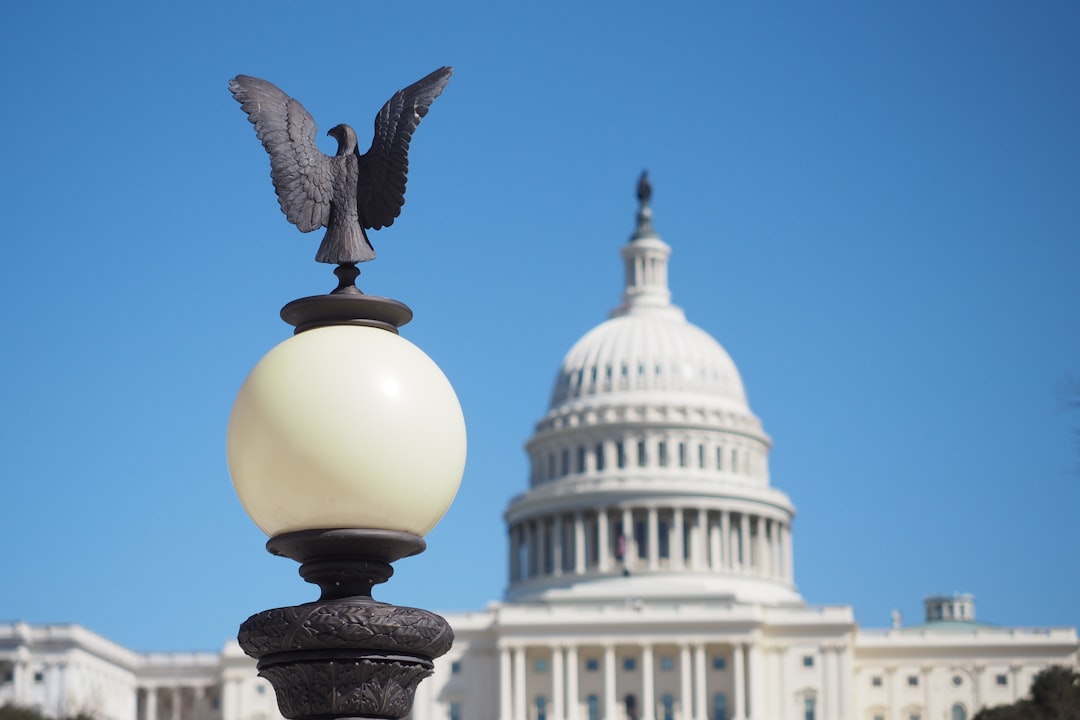The U.S. Senate recently passed the GENIUS Act, sparking substantial debates and discussions across the political spectrum. While praised by its proponents for fostering innovation and competitive practices, critics argue that the act inadvertently provides former President Donald Trump with significant opportunities to capitalize on his political clout for personal gain.
Considering the historical context, Trump’s business and political strategies have often been intertwined, creating a complex interplay between governance and personal brand building. The GENIUS Act, intended to push economic growth and technological advancement, comes with stipulations that critics believe could be leveraged by Trump to expand his influence in the private sector and galvanize his political base.
At its core, the GENIUS Act aims to stimulate innovation by easing certain regulations and providing tax incentives to enterprises fostering technological advancement. However, the concern arises that these relaxed regulations could allow individuals like Trump to bypass stringent checks that traditionally separate political office from business interests.
Supporters of the act maintain that it could catalyze a new era of American innovation, enabling entrepreneurs to explore uncharted territories within scientific and technological fields. They argue that the act’s benefits, such as increased investment in AI, clean energy, and biotechnology, outweigh the risks of misuse by high-profile individuals.
Critics, however, express apprehension about Trump’s potential strategies to exploit these provisions. His history of blending politics and business, whether through campaign rhetoric or policy endorsements, draws skepticism about the act’s integrity. The fear is that the act might effectively serve as a toolkit for Trump to enhance his business empire and reinforce his societal presence in ways that could blur ethical lines.
Understanding the implications of the GENIUS Act involves delving into Trump’s past maneuvers. Trump has often utilized legislative and policy shifts to bolster his enterprises. His hotels and branding ventures have previously found footing through strategic alignments with regulatory changes, suggesting a pattern that may continue under the new act’s framework.
Moreover, Trump’s alignment with sectors highlighted by the GENIUS Act, like technology and energy, enables him to vigorously participate in these growing markets. The newfound opportunities could lead to strategic partnerships that blend innovation with political insight, offering Trump a dual advantage—enhancing his business prospects while maintaining his political narrative.
For the broader political ecosystem, the act’s passage signals a critical juncture. Lawmakers must vigilantly ensure that entrepreneurial freedom does not mutate into unchecked exploitation by influential figures. The challenge is to craft auxiliary measures that safeguard democratic principles and maintain a balanced ecosystem where innovation thrives without compromising ethical governance.
As the GENIUS Act unfolds its potential across industries, its legacy will depend heavily on how responsibly it is enacted and monitored. The political ramifications, especially concerning Trump, spotlight the perpetual tension between innovation and moral integrity. The act’s success, or its downfall, will mirror the nation’s commitment to progressive growth while guarding against exploitation by powerful entities.
Effectively, this situation calls for a heightened scrutiny framework to ensure the act acts as a catalyst for positive change, fostering an environment where cutting-edge advancements can occur without casting a shadow over ethical conduct and governance.
Big Tech News
GENIUS Act















Leave a Reply